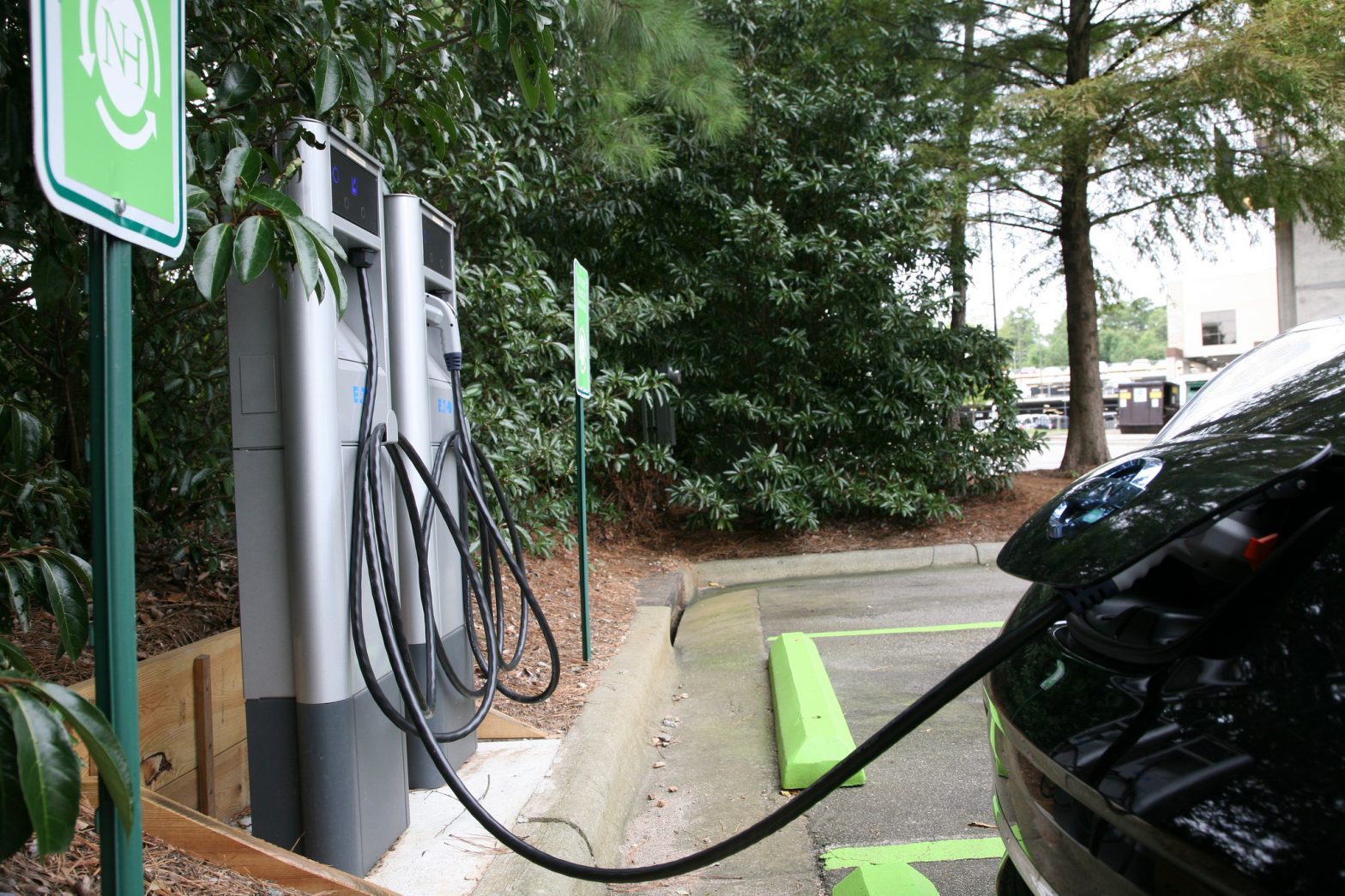
Photo: 9824772134_5619f0a9ae_k
Brazil to slash electric vehicle tax
15 October 2018
by Jonathan Andrews
Brazil will reduce taxes on mass-produced electric vehicles (EVs) from 25 percent to 18 percent in a bid to boost e-bike, EV and other electric and hybrid vehicle use.
Due to come into force in November, the national government is hoping the cut will boost stagnant EV sales and improve electric urban mobility in a country which only sold 1,472 electric vehicle units in the first six months of 2018. Currently the most affordable EV on the market costs US$30,300.
“The market will be in charge of stabilising prices but the government should reduce taxes on cars that don’t pollute the environment or produce noise, and stimulate the necessary infrastructure to circulate and regulate energy planning,” said Danilo Leite, Manager of Strategy and Innovation, CPFL Energia Group.
He said there is hope that Brazil can turn the figures around, pointing to the example of France, which went from just 26 EV charging points in 2010 to 10,000 five years later.
Leite’s comments came during the fourth edition of the Connected Smart Cities conference in São Paulo which brought together mayors, entrepreneurs, researchers, private sector representatives and users of public and alternative transport.
For the Director of Marketing, Sustainability and New Business of BYD, Adalberto Maluf, the growth of the electric vehicle market will move gradually into municipality fleets. In Brazil, the Chinese company has two factories; one in Manaus, where batteries are manufactured, and another in Campinas, where the country’s first electric vehicle was manufactured.

“We are in Brasilia and four other medium-sized cities producing garbage trucks and electric compactors,” said Maluf. “In São José dos Campos, in the interior of São Paulo, 100 percent of the Municipal Guard’s fleet uses electric cars, which have a 400-kilometre range and don’t pollute.”
Hoping to latch onto an electric mobility wave is the first Brazilian company that provides e-bikes. Launched in São Paulo in 2015 with 10 bicycles, E-Moving now counts 500 in its fleet.
“When I changed the car for the common bicycle to get to work I saw that it was better because it saved time and money, but I was sweating,” said Gabriel Arcon, CEO and co-founder of E-Moving. “After learning about the e-bike, it was love at first pedal and I didn’t imagine that I would abandon the real estate business to start the first rental and sale system of this type of bike in the country.”
Clarisse Cunha Linke, Executive Director of the Institute for Transportation and Development Policy although welcoming AVs and ride sharing services, warned that substantial changes at the policy level still needed to be made.
“For a long time, cities have been built for cars and not for people,” she said. “Motorisation rates have tripled in the last ten years, so we need to invert the pyramid of our public policies and our investments to give priority to public transport, the infrastructure for mobility by bicycle and on foot.”







